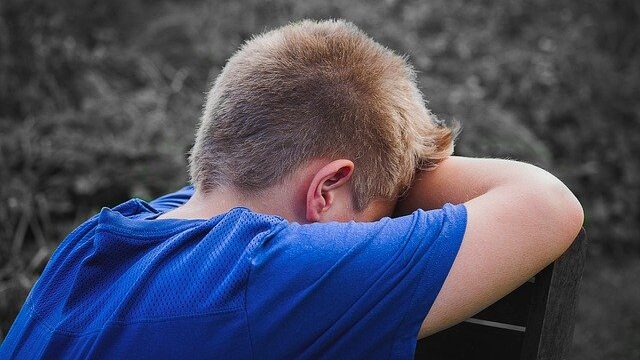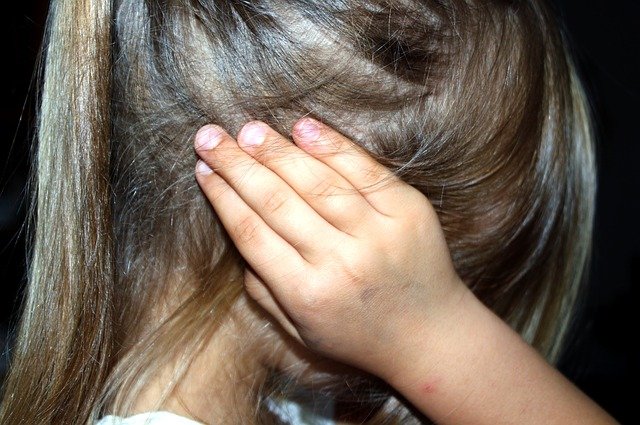In a perfect world, no child should experience bullying, but unfortunately it is not the reality and many children will be subjected to bullying. This can affect children in different ways.
As a parent or caregiver, it is our goal to care for, and protect our children. When our child is hurting physically or emotionally it can be hard to know what to do or how to help them cope.
What is bullying for children?
Bullying comes in many shapes and forms, and is when one person upsets, intimidates, physically injures, or purposely excludes another child with the intention of hurting them consistently over a period of time. Some ways in which the child may experience this is by:
- Being called names
- Having lies spread about them
- Being tormented, teased or mocked
- Having personal items or money stolen from them
- Being deliberately excluded from games, activities, the playground, or other social gatherings
- Experiencing threatening or intimidating behaviour, or even physical abuse like hitting, kicking or punching
- And lastly, something that has been more prevalent with the introduction of technology, receiving nasty emails, texts or messages or having messages or videos about them posted to social media
How does the bullying affect children?
It’s important to realise that any type of bullying can impact a child’s life making them sad and miserable. It can be terrifying and can impact them in the following ways:
- Increased depressive episodes
- Anxiety and panic attacks.
- Reduced self-esteem and self-worth.
- Trigger Anorexia, Bulimia, and other eating disorders/patterns.
- Cause the child to be scared to go to school (school refusal).

What can I do to help my child?
Being a parent of a child that is going through this can be a struggle. It is natural for you to feel a mix of emotions like anger, to heartbreak and concern for your child.
Even though you are feeling these emotions, it is important to discuss the situation with your child in a calm manner. Let your child talk and really listen to how they are feeling.
Depending on the age of the child, there are steps you can take to help them through it. If they are young, you may need to be their advocate. For example, if it is happening at school, the teacher should be informed. As parents, be there for your child and give them the time they need to work through their feelings.
If you find that your child is not coping, even if the bullying has ceased, they may benefit from professional counselling, especially if your child is not opening up to you. Don’t be too hard on yourself – some children withdraw into themselves, find it difficult to express emotions or just find it easier to chat to an outside person.
There are different types of therapies available to help, and some include –
Child Centred Play Therapy
Play is the way that children learn, develop and understand the world around them. In Play Therapy, your child’s natural tendency towards play is used to help them process complicated emotions they may not otherwise be able to express. Play Therapy empowers them to freely express, explore and resolve feelings and experiences that may be troubling, confusing or frightening.
Animal Assisted Play Therapy
Interaction with animals can provide a sense of peace, purpose, companionship, and love. Developing a bond with an animal also promotes self-worth, self-esteem, and trust.
As animals are non-judgemental and provide unconditional love, they assist in increasing engagement and rapport between therapist and client. Research has shown that having animals within the therapeutic space can reduce anxiety, increase relaxation and social interaction. Depending on the client, the dogs will be in the therapy room or in different settings such as parks or recreational environments.
Conclusion
Bullying can be hard for the child going through it, and the parent seeing their child hurt and upset. The good thing is, there is help available. If you have any concerns please contact us on 0401 517 014 and we will be more than happy to discuss our therapy services with you.

